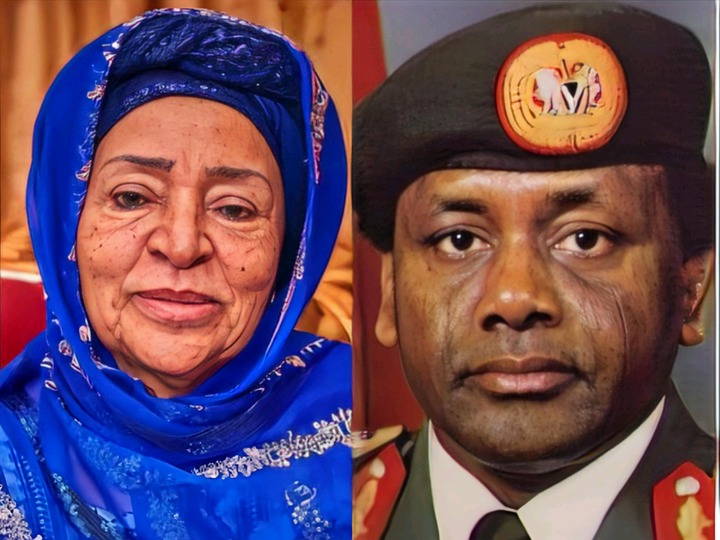
In a recent interview with TVC, Mrs. Abacha directly challenged those accusing her late husband of financial misconduct to produce concrete proof of their claims. She questioned the basis of the allegations surrounding hidden wealth overseas. “Who is the witness of the money that was being stashed? Did you see the signature or the evidence of any monies stashed abroad? The monies that my husband kept for Nigeria, in a few months the monies vanished. People are not talking about that,” she stated during the interview.
Expressing her exasperation, Mrs. Abacha decried what she perceives as persistent negative portrayals of General Abacha, even nearly 30 years after his passing. She voiced her disappointment with narratives that she believes unfairly tarnish his memory and called on Nigerians to set aside ethnic and religious differences in favor of national unity and progress.
Mrs. Abacha’s remarks come against the backdrop of ongoing discussions regarding funds repatriated to Nigeria, often referred to by some influential figures as “Abacha loot.” Despite these accusations, historical economic data indicates that during General Abacha’s rule from 1993 to 1998, Nigeria’s foreign exchange reserves saw a notable increase, while the nation’s external debt was reduced over the same period.
The economic legacy of the late military leader remains a deeply divisive topic. On one hand, his supporters highlight the strengthening of foreign reserves and the decline in external debt as evidence of prudent financial management. On the other hand, detractors continue to focus on allegations of widespread corruption and the supposed concealment of national wealth in overseas accounts.
Mrs. Abacha’s defense of her husband adds a personal dimension to this long-standing debate, reigniting conversations about accountability, transparency, and the true state of Nigeria’s finances during and after General Abacha’s regime. As the nation grapples with its past, her call for factual reporting and national cohesion may resonate with those seeking clarity and reconciliation in the narrative surrounding one of Nigeria’s most controversial leaders.
